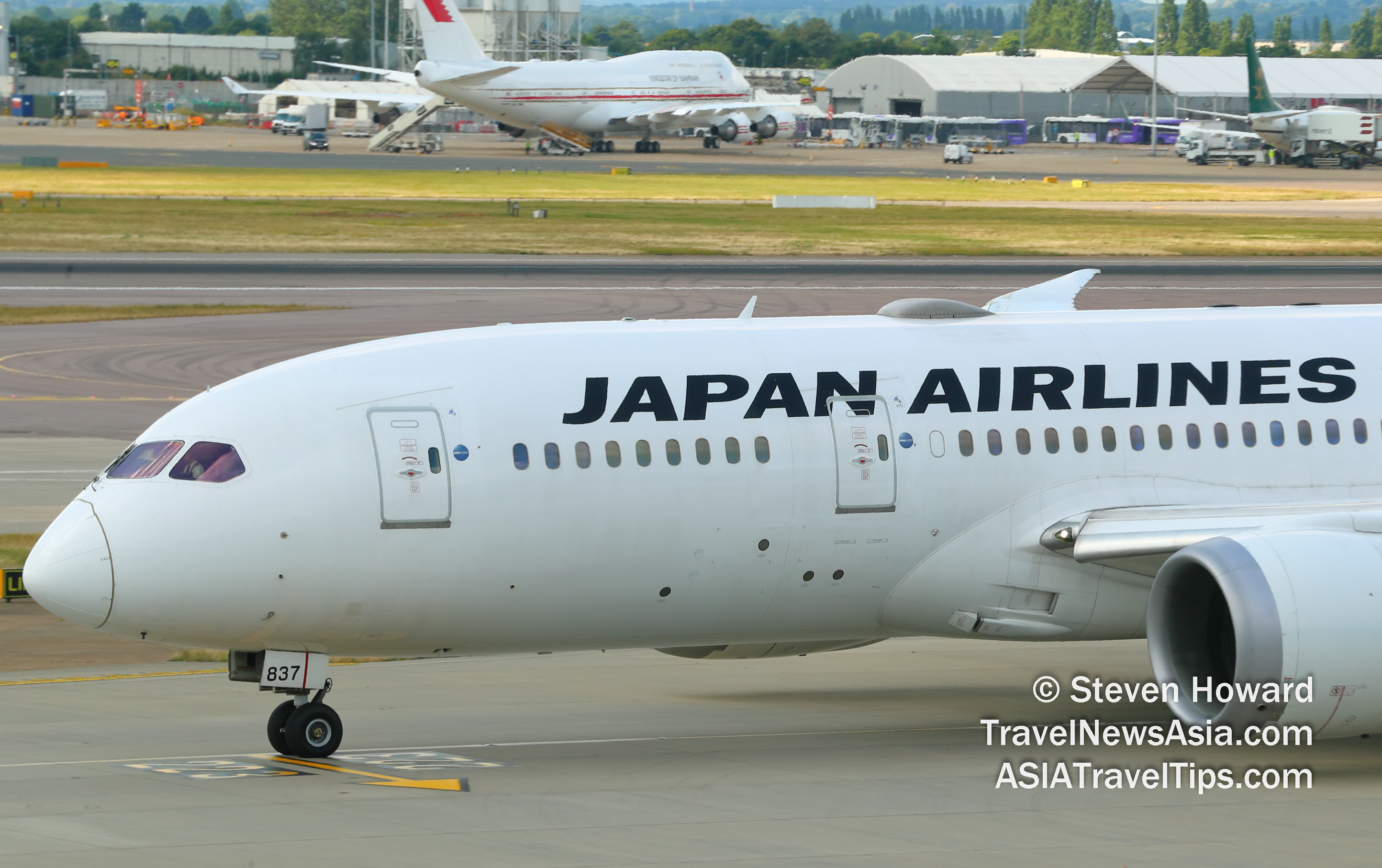|
Preliminary traffic figures from the Association
of Asia Pacific Airlines (AAPA) show that international air
passenger markets in 2019 moderated against a backdrop of a
slowdown in the global economy, alongside uncertainties
surrounding trade negotiations.
In aggregate, the region's airlines registered a
4.2% increase in the number of international passengers carried to
a combined 375.5 million during the year. Measured in revenue
passenger kilometres (RPK), demand grew by 4.1%, reflecting the
relative strength of both short and long haul travel markets.
After accounting for a 3.7% increase in available seat capacity,
the average international passenger load factor edged 0.3
percentage points higher to 80.9% for the year.

On the other hand, international air cargo demand
as measured in freight tonne kilometres (FTK) fell by 5.1% in
2019, following the 1.6% decline registered in the previous year.
Offered freight capacity grew by 1.3%, resulting in a 3.9
percentage point drop in the average international freight load
factor to 59.5% for the year.
Mr.
Andrew Herdman, AAPA Director General, said, "Asian airlines
saw combined international passenger numbers increase by a
relatively moderate 4.2% for the year, compared with the stronger
annual growth rates seen in preceding years. Whilst increased
geopolitical and trade tensions may have affected business
confidence levels and overall traffic demand, new routes and
frequencies providing more options to travellers as well as
attractive air fares continued to drive passenger numbers higher
in 2019, supported by ongoing regional economic expansion.
Meanwhile, air cargo markets experienced a very challenging 2019,
with the 5.1% drop in demand marking the steepest fall since the
global financial crisis. Declines in new export orders throughout
the course of the year led to lower demand for air shipments. Overall, in 2019, Asian airlines faced an intensely competitive
operating environment, with downward pressure on yields and
profitability, only partially alleviated by the 7.2% fall in
global jet fuel prices to an average of US$79 per barrel for the
year."
Looking ahead, Mr. Herdman said, "The general
outlook for 2020 was already clouded by uncertainty over prospects
for the global economy and still unresolved trade disputes. The
recent 2019-nCoV coronavirus outbreak has now been categorised by
the World Health Organization as a Public Health Emergency of
International Concern. The related imposition of travel
restrictions and widespread public concern has led to significant
falls in demand for air travel on routes to/from and within China,
and corresponding adjustments to airline schedules. Airlines
continue to closely monitor further developments, and are
operating in accordance with established standards and practices
developed in conjunction with public health authorities regarding
outbreaks of communicable diseases."
See latest
Travel News,
Interviews,
Podcasts
and other
news regarding:
AAPA,
Traffic,
RPK,
FTK.
|
Headlines: |
|
|
